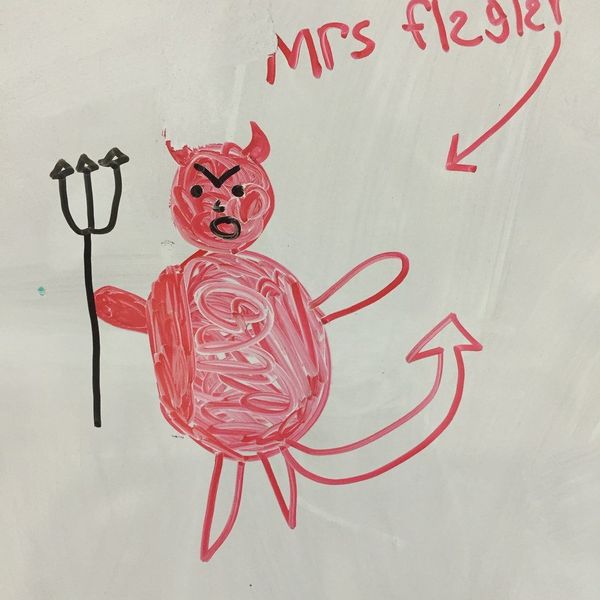Currently, I am in the middle of student teaching at an urban school near where I live. I have had the pleasure of getting to know the students in my host classroom over the past month. They are young, but they’re so insightful, curious, and hardworking. One day, when I was supporting students in finishing their first essays of the year, I was in the middle of a conversation I didn’t expect to have that day. But that’s the nature of teaching, I suppose.
It started with a conversation about names. I knew all of my students' names after the first week and a half or so of being at this school and I was very proud of that. But there were some names that I was not previously familiar with. A number of our students have Somali heritage and naturally, have names that reflect that heritage. I was told that there was one student’s name that I was saying in an Americanized way-- I was missing a rolled tongue or a particular accent as I said their name.
It was another student who brought this up, not the student whose name I was trying to say. His response when I asked him what he preferred to be called was “I don’t really care” and later, “I tell people my name the way I think they’ll be able to say it.” This broke my heart a little. And as some of the other students in the room came forward with stories of their own about how teachers struggled to say their names and how it made them feel, my heart broke even more.
Names are a fundamental part of a person’s identity. It can tell us about where your family has roots, what is important to them, or specific stories about your family, even in some cases the gender that you identify as (I recently found out that I was calling one of my students, who identifies as female, a male name, which to me sounded similar to her actual name… she was a little frustrated by this). If I don’t say someone’s name correctly or I outright refuse to use their name, I am erasing that history, ignoring those stories, and stomping on those values. It’s showing that I don’t care enough to find out how to actually say a student’s name.
Talking about names led to discussions of race, because these particular students have names that are especially tied to their culture. I was told about a time when, at their previous school, almost all Somali students were suspended for lying on the ground in the snow. From what I could tell, students weren’t listening to directions when they were asked to get up, but suspension is not an appropriate punishment for such a minor behavior. I was appalled that this would happen in this school district, the same district that I had gone through growing up. I was told about times when these students would come to class and they wouldn’t do anything; they wouldn’t be challenged, they would be asked to do the bare minimum. And I know that they’re more than capable of taking on the challenge of an Honors course if they were determined to.
All of these instances of discrimination broke my heart, but that’s not the important takeaway from this story. The fact that students are so young, and my students are ninth graders, and they’re coming to this new school knowing things about the world that I, as a white teacher, will never have to experience. They know that the world is more likely to treat them unfairly than their peers with lighter skin. They expect to go somewhere and be treated like they are less than capable of greatness. They are accustomed to coming into the classroom on the first day and having their name mispronounced not just the first time, but for as long as several months to the entire year they have you as a teacher.
I have told my advisor that I am learning so much about being a teacher at my host school. Not only am I learning how to be a better teacher and helping others learn, but I am learning about the world and how current students are experiencing and handling it. They are inspiring me to dig deeper and learn more about what they might be experiencing. I want to learn to be a more equitable and compassionate teacher to all my students, but especially the students who look different than I do and come from different places and backgrounds than I do. In short, they are pushing me, whether they know it or not, to examine my privilege so that I can be better for them and for any students I have in the future and lead a better life myself.





















